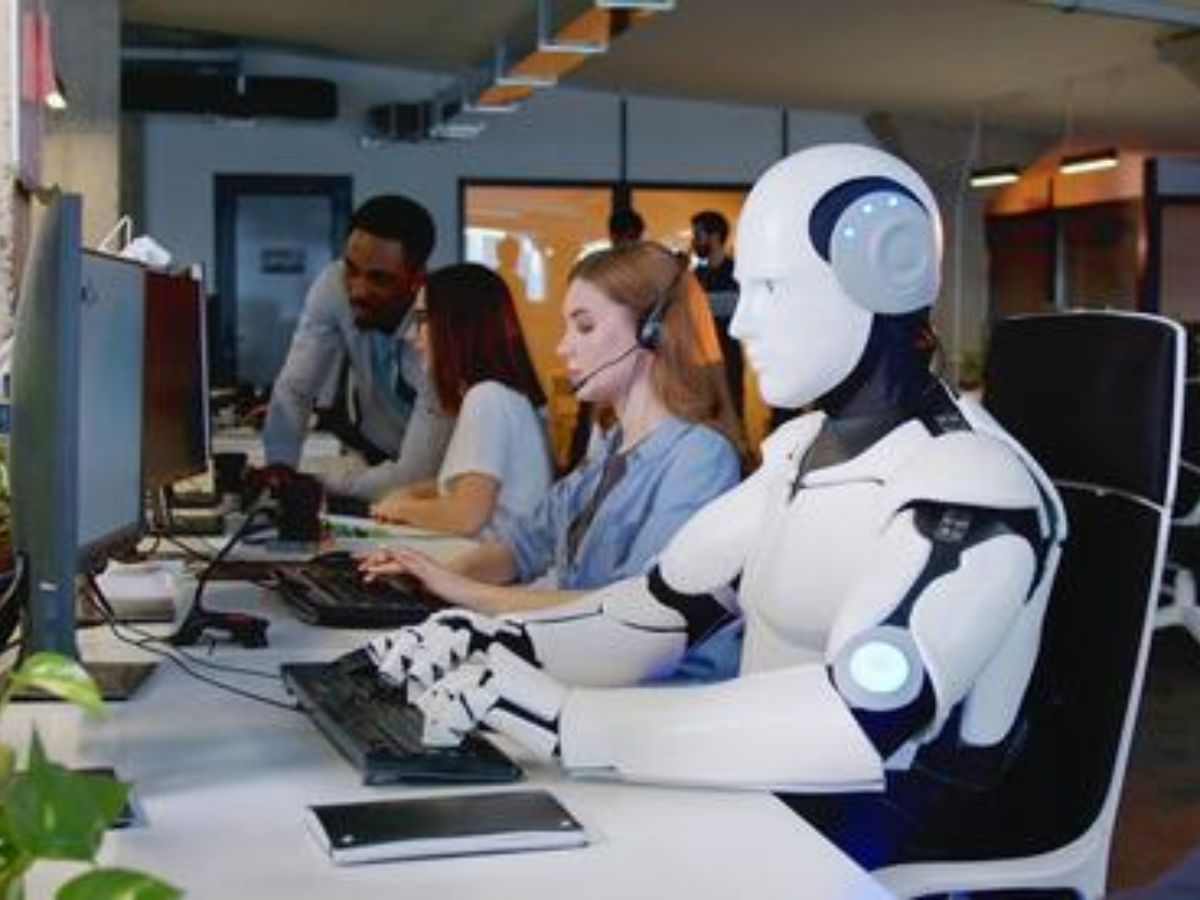
Microsoft study reveals AI's growing overlap with job tasks, spotlighting the roles most susceptible to AI disruption. Photo/X.
A recent Microsoft study has taken a deep dive into how real-world usage of AI could transform, or potentially replace, various professions.
Microsoft researchers analyzed over 200,000 anonymized conversations between users and Microsoft Copilot over a nine-month period in 2024, according to reports. These conversations were mapped to Intermediate Work Activities (IWAs) from the US Department of Labor’s ONET database.
Also Read: Is Elon Musk About To Replace Siri With Grok In A Game-Changing Apple Deal? Here Is What We Know
The research team then developed an “AI applicability score,” which combined the mapped tasks with several indicators such as task completion rates, how frequently AI was used for those tasks, and feedback from users.
“Our study explores how AI may shape occupations by examining real-world usage,” said Kiran Tomlinson, senior researcher at Microsoft and lead author of the study. “It introduces an AI applicability score that measures the overlap between AI capabilities and job tasks, highlighting where AI might change how work is done, not necessarily replace it.”
Among the most at-risk professions are interpreters, translators, and historians, which topped the list of jobs with the highest AI applicability scores.
At the lower end of the scale, postsecondary library science teachers scored 34%. These professionals instruct university students on subjects such as archival methods and collection development, while also engaging in academic research and publishing.
Switchboard operators
Public safety telecommunicators
Market research analysts and marketing managers
Models
Geographers
Web developers
Postsecondary economics teachers
Activists
Personal finance advisors
Data scientists
Counter, rental, and new account clerks
Statistical assistants
Advertising sales agents
Demonstrators and product promoters
Public relations specialists
Postsecondary business teachers
Editors
Hostesses
Proofreaders
Copy markers
Technical writers
Mathematicians
Journalists
Political scientists
Farm and home management educators
Brokerage clerks
Broadcast announcers
Radio DJs
Ticket agents and travel clerks
Eight professions ranked highest on Microsoft’s AI applicability scale, between 42% and 49%:
Telephone operators (42%)
CNC tool programmers and customer service representatives (44%)
Writers and authors (45%)
Sales representatives of services (46%)
Passenger attendants (47%)
Historians (48%)
Interpreters and translators (49%)
Despite the growing overlap between AI capabilities and certain job tasks, the study stops short of claiming that AI can fully automate any specific profession.
“Our research shows that AI supports many tasks, particularly those involving research, writing, and communication, but does not indicate it can fully perform any single occupation,” Tomlinson clarified. “As AI adoption accelerates, it’s important that we continue to study and better understand its societal and economic impact.”
Also Read: How To Access Elon Musk’s Grok Imagine And Create AI Videos Fom Text Prompts
Zubair Amin is a Senior Journalist at NewsX with over seven years of experience in reporting and editorial work. He has written for leading national and international publications, including Foreign Policy Magazine, Al Jazeera, The Economic Times, The Indian Express, The Wire, Article 14, Mongabay, News9, among others. His primary focus is on international affairs, with a strong interest in US politics and policy. He also writes on West Asia, Indian polity, and constitutional issues. Zubair tweets at zubaiyr.amin
The needle, which was used to sew shoes, got stuck inside the child’s neck, prompting…
CJ Roy, the founder and chairman of real estate company Confident Group, was found dead…
US President Donald Trump has named former Federal Reserve governor Kevin Warsh as the next…